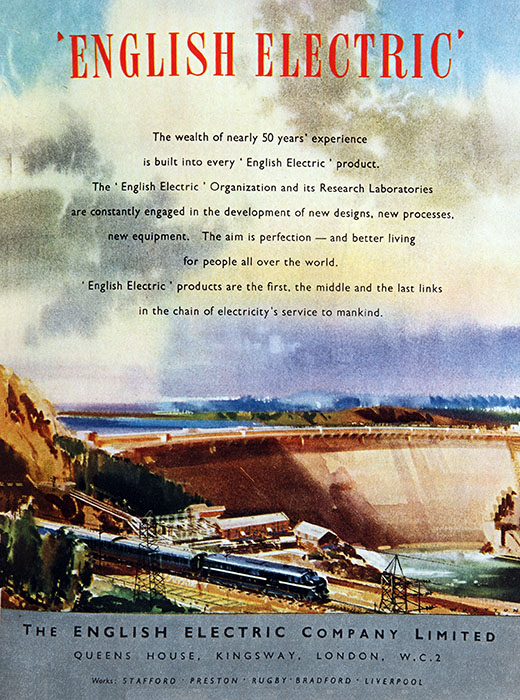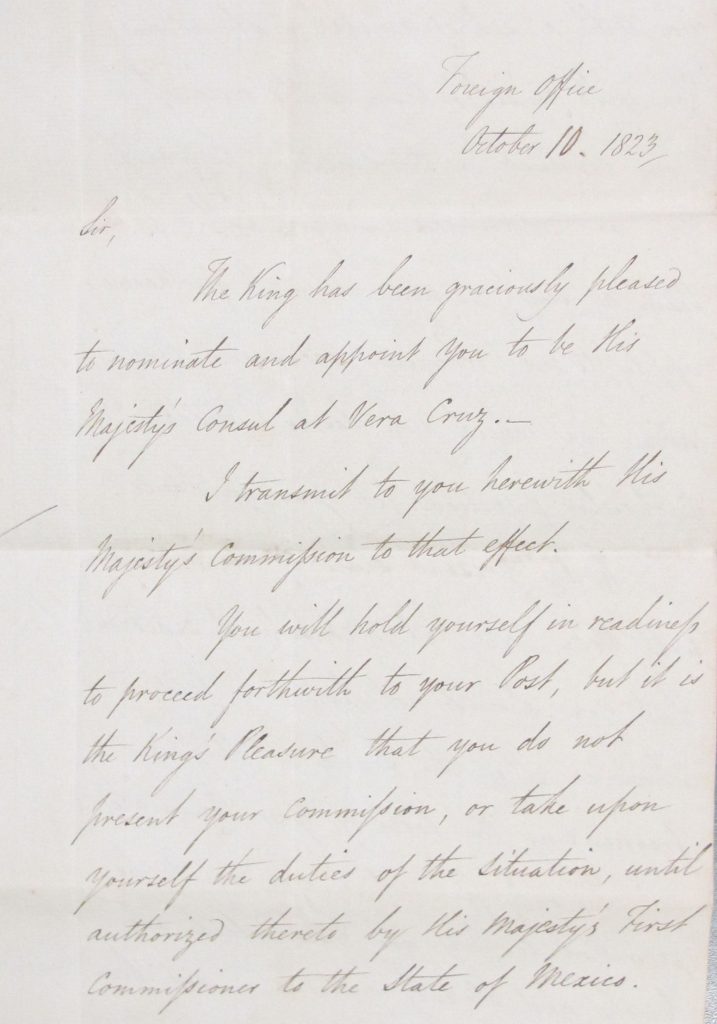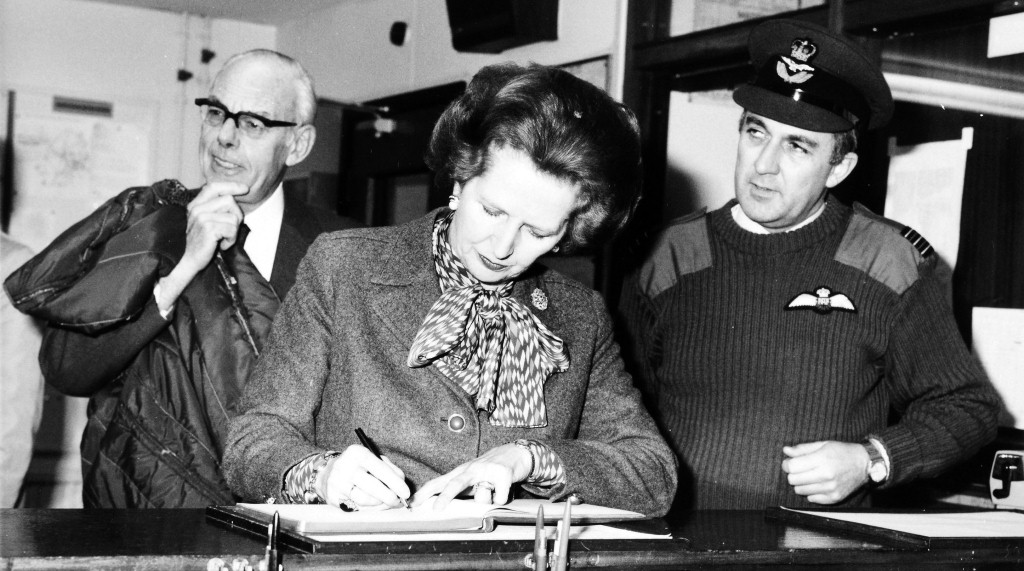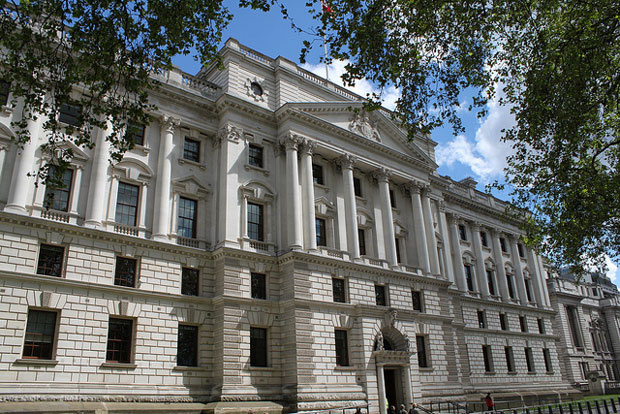Finance and economics
On winning the 1964 election the new Labour government adopted an interventionist industrial policy. By the late 1960s a policy of amalgamation through merging firms was intended to deliver companies which could compete on a global basis, but the outcomes did not always match expectations.
The Napoleonic Wars in Europe in the early 19th Century saw the Spanish colonies in South America looking towards their own governance and the chance for independence. Joseph Bonaparte was on the throne of Spain, and the deposed Spanish King …
Today's release of Prime Minister’s Office records and Cabinet Papers from 1985-1986 covers the mid-point of the Thatcher premiership. If this period is beyond your living memory, you might be tempted to think that the files would reflect the Thatcher revolution …
...the atmosphere at the meeting and the spirit in which decisions were made. He depicts the sense of mounting concern within the government as well as the political dimensions of...
The early Exchequer was once described as an occasion not an institution, referring to the somewhat ad hoc nature of its foundation and early days. Over 9 centuries later, the modern Exchequer retains a similar place in our national consciousness …
As ‘Deepthroat’ instructed Carl Bernstein and Bob Woodward during Watergate, ‘follow the money’ – and this sage advice applies to historians looking for material reflective of all aspects of British, indeed international, history from the 17th century onwards. The archives …
...generally been seen as the most important factor in determining electoral success. The Chancellor, charged with keeping the economy on track, therefore becomes a unique point of strength or weakness...





